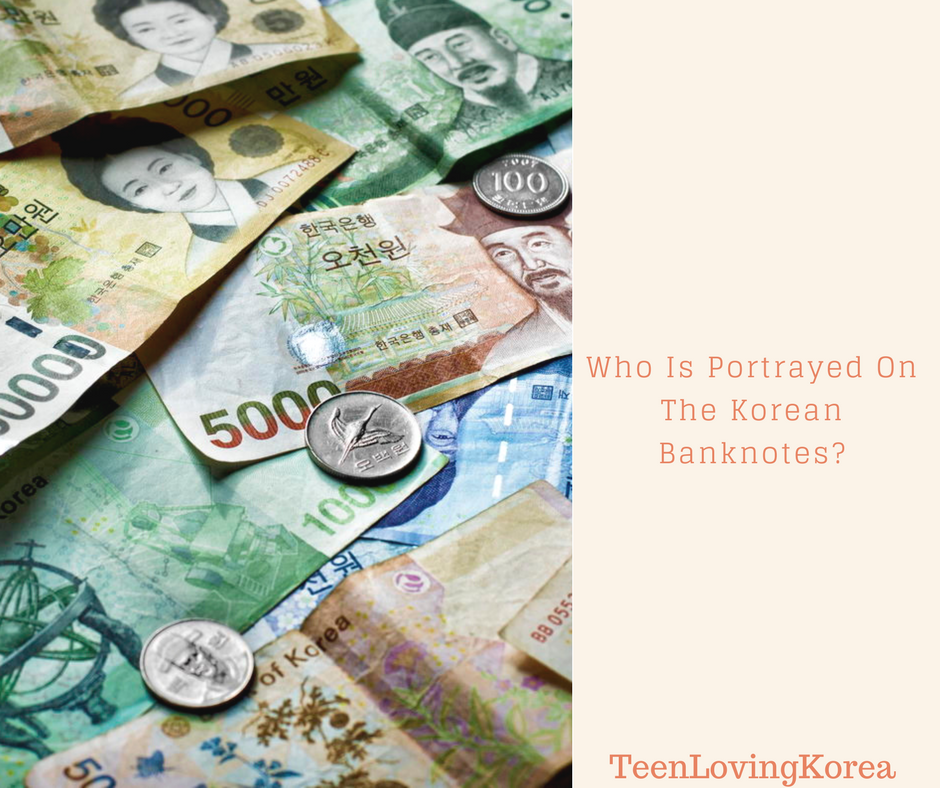South Korea is a pretty awesome place.
It has survived Japanese colonization, Soviet meddling and North Korean threats to become the world’s 12th-largest trading nation. South Korea produces the LG TVs, Hyundai cars and Samsung phones we use every day. K-Pop stars are taking over the world one YouTube video at a time and their films are receiving worldwide acclaim. However, there’s a lot more to South Korea than technology and Gangnam Style.
-
Blood Type
In South Korea, blood is a big deal. It doesn’t just deliver oxygen to the rest of your body—it determines your personality. People in South Korea are automatically stereotyped thanks to their blood type.
There are positive and negative traits assigned to each blood type.
People with Type A are conservative and punctual but they can be also obsessive, uptight and a bit introverted.
People with Type B are a totally different story. While they have some good traits like creativity and passion, they’re also lazy and impatient.
As for Type AB, they’re supposed to be cool and under control, but they can be elitist, harsh, and judgmental.
Type O means a person is ambitious and athletic. They want big things in life, and nothing is going to stand in their way. On the flip side, they’re pompous and egotistical but once they decide to commit to a relationship, they’re generally pretty loyal.
-
Age

Traveling to South Korea is a bit like travelling into the future.
The moment you step across the border, you automatically turn one year older. In Korea, a baby is one year old at birth, instead of zero as in most other cultures. And things get even trickier since everyone has the same birthday. After the New Year passes, everyone in Korea automatically ages one year, even if they haven’t had their actual birthday yet. It gets even more complex for people who were born just a few days before the New Year. If a baby is born on December 31, it’d be one year old. However, after January 1, that same baby will automatically turn two.
So if you’re unsure of what your Korean age is, subtract the year of your birth from the current year and then add one. Or if someone asks your age, you could probably save a lot of hassle and just tell them what year you were born.
-
The Biggest Chuch In The World

While the Yoido Full Gospel Church might not have the largest building in the world, it definitely has the biggest congregation. As of February 2013, this Seoul-based church had close to one million members. On any given Sunday, 200,000 of the faithful will attend one of the seven services, and that’s not counting the additional 200,000–300,000 watching on TV in other buildings and satellite churches.
-
Romantic Holidays

Valentine’s Day is popular across the world, but in South Korea, it has a little twist. Unlike most countries where guys have to worry about flowers, candies, and cards, Valentine’s in Korea is all about the men. This is a day where women show the love by giving chocolates and gifts to their husbands/boyfriends. Of course, everything changes on March 14. Known as White Day, this is the holiday where men buy gifts for the girls, but there’s a catch: A guy is supposed to spend three times the amount of the gift he received on Valentine’s. And, as you might have guessed, the gifts are often in the colour white.
-
South Korean Robots

Robots aren’t just the stuff of sci-fi movies anymore. In fact, they’ve invaded South Korean classrooms. In 2010, the South Korean government launched its “R-Learning” program to fill schools with automated assistants. There are two different version of this robot-teacher. One comes equipped with a TV screen which displays the face of an English-speaking teacher. The other model uses voice recognition technology to help students with their speaking skills.
-
Crime Reenactments

One thing South Korea is definitely not known for is liberal criminal rights. Citizens suspected of committing crimes, such as rape or murder, are forced to take part in these humiliating public rituals which start with police binding the suspect with ropes or handcuffs. They are then led to the scene of the crime and are ordered to recreate the criminal act. To make the ordeal even more humiliating, the media is invited along to publicize the event.
In 1972, Jeong Won-seob was forced to act out the murder and rape of a schoolgirl, a crime he allegedly committed. As he acted out the event, people were screaming at him and yelling things like:
“Kill this guy!”
As horrible as this is, it gets even worse: Jeong turned out to be innocent. Despite the glaringly obvious problems with this procedure, the practice still continues today. The reasoning is something called “national sentiment” which basically means public feelings are more important than civil liberties.
-
Fast-Food Delivery

If you lived in South Korea, you’d never have to leave home to eat. Most restaurants will deliver straight to your apartment via motorcycle drivers. And after you’re done eating, you can just put your dirty dishes outside your door because the delivery guy will come for them later. That’s pretty awesome.
Almost all restaurants deliver, even McDonald’s, which gives new meaning to the term “fast food.” And if someone starts craving a few Big Macs at five in the morning, that’s no problem—McDonald’s will deliver 24/7.
-
Male Makeup

South Korean men are obsessed with cosmetics. It turns out that South Korean men are spending close to $900 million a year on makeup. BB cream foundation is the product of choice, but facial cleansers, anti-ageing moisturizes, and eye creams are also extremely popular. There are even TV shows dedicated to the subject of the manly makeover. Up to 20 percent of the male population, known as the grooming tribe, use makeup regularly, but it’s not so much about fashion as it is the business. The South Korean job market is extremely competitive, and wearing makeup is all part of the game. These guys want to make good impressions in their job interviews by hiding their blemishes and looking like celebrities. It looks like in Korea, makeup really does make the man.
-
Baseball Was Established As A Political Move

Introduced in the early 20th century by Christian missionaries, baseball has become one of the most popular pastimes in South Korea, and there are several interesting differences between “yagu” and the American version. For example, teams aren’t named after cities but after corporations, so there are the Samsung Lions, the Kia Tigers, and the Hyundai Unicorns. Korean baseball games feature female cheerleaders and fans enjoy Kim-bobs, which are rings of seaweed stuffed with crab, lobster, and sausage.
However, the most interesting thing about Korean baseball is its dark past as the tool of an oppressive military dictatorship. After staging a coup in the late ’70s, General Chun Doo Hwan declared martial law in South Korea. Chun wasn’t the most popular guy in the world, and he was constantly having to crush revolts and murder protesters. He even shut down all the colleges in South Korea to prevent dissent. When none of those strategies worked, Chun came up with a much more devious scheme.
The Korean Baseball Organization was established in 1981 as a way for people, especially young men, to let off steam. By encouraging people to put down their picket signs and pick up a pair of thundersticks, Chun was hoping to divert attention away from his regime. A former defence minister was appointed as the baseball commissioner, six teams were created by government-friendly businesses, and Chun started improving his image by throwing the first pitch at every game. People eventually got sick of him anyway, and he and his cronies were thrown into prison. Talk about striking out.
-
The Boryeong Mud Festival

Since 1998, millions of people from around the world have been flocking to the Boryeona Mud Festival. For 10 glorious days, revellers ignore everything their mothers ever told them about playing in the mud.
This popular Korean festival has grown enormously, attracting three million people in 2012 alone, including 22,000 foreigners. The grey clay is shipped from the Boryeong flats to Daecheon Beach where people take part in mud massages, mud photo contests, mud marathons, and best of all, mud wrestling contests. Top it all off with concerts and parties, and you have a festival that will cheer up any stick-in-the-mud.


